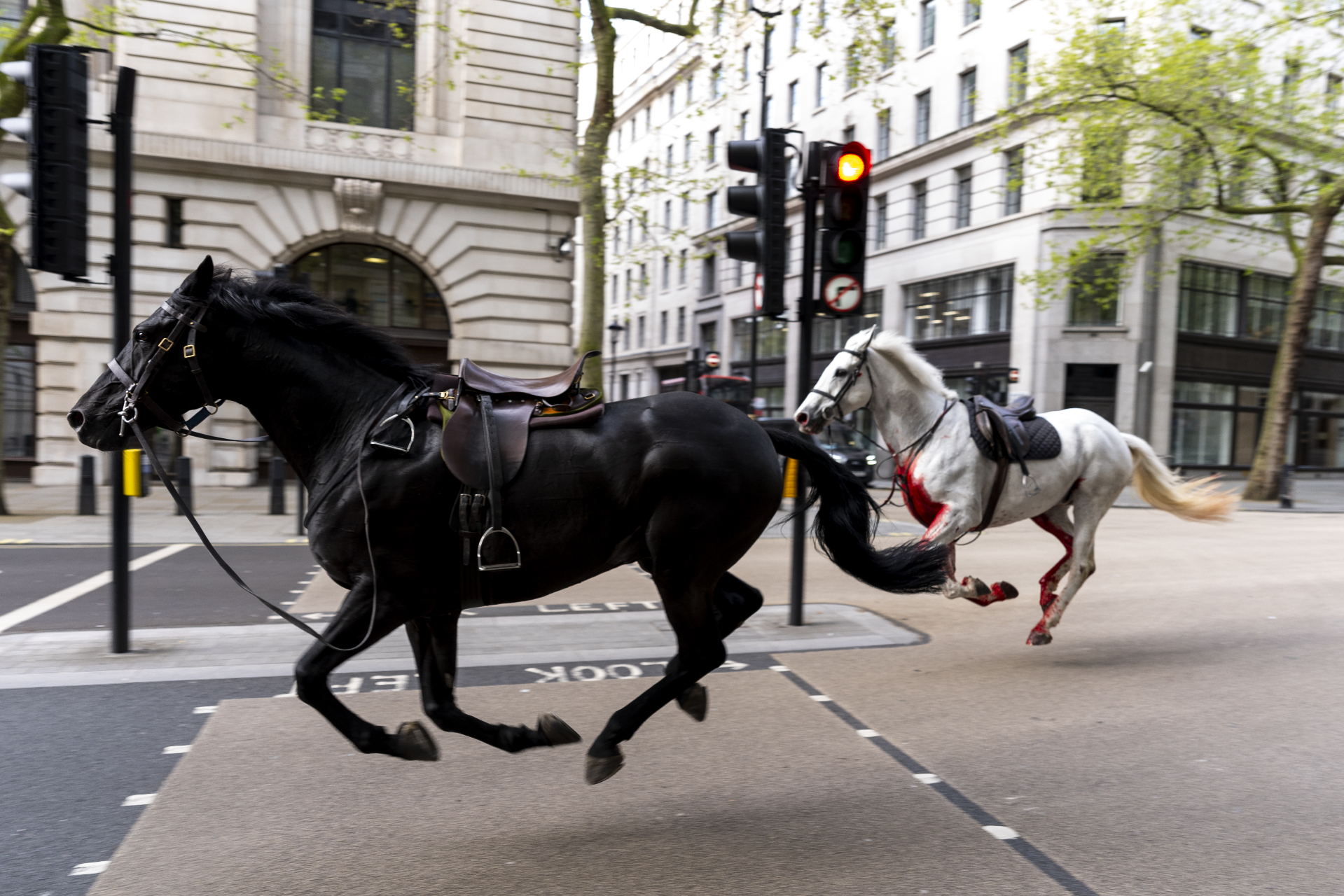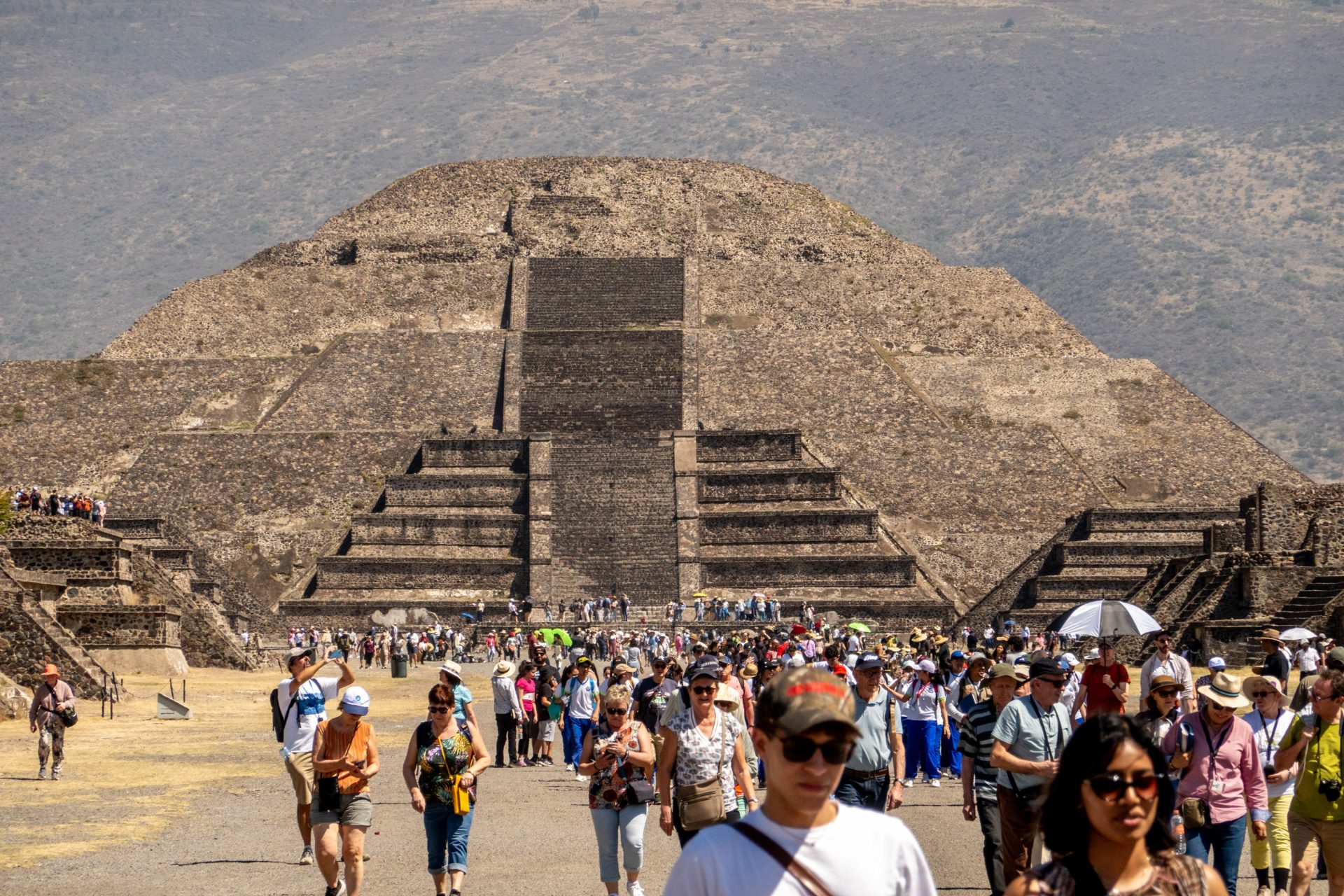With Earth's population at a record high, what does it mean for our future?
On November 15, 2022, humanity reached 8 billion people, according to the United Nations. According to Worldometer's World Population Clock, as of November 10, 2023, we stand at a global population of 8.1 billion.
And where should we go from here? Will we continue to grow in number? Should we consider decreasing the amount of children being born?
The reality is that the world population is growing and growing. Just 12 years ago, the world had a population of 7 billion. In little more than a decade, 1 billion babies have been born.
Image: Muhammad-taha Ibrahim/Unsplash
According to United Nations data collected by Forbes, by 2030, there could be 8.5 billion people on the planet. In just eight years.
Image: Ishan @seefromthesky / Unsplash
According to the U.N., the population will grow to 9.7 billion in 2050 and 10.4 billion in 2100. Can the Earth support such demographic pressure?
Image: Joseph Chang/Unsplash
British naturalist Sir David Attenborough is one of the strongest advocates of drastically limiting overpopulation. According to the BBC, he does not hesitate to speak of a "human plague" when referring to our demographic growth.
David Attenborough is not the only scientist that thinks we have a few billion excess people. As told by the BBC, a 1994 study at Stanford University in California stated that the ideal population for the planet would be between 1.5 and 2 billion.
Image: Francisco Suarez / Unsplash
However, some have an optimistic vision: an 8 billion population shows we live better and die less from diseases or wars. The columnist Somini Sengupta wrote in The New York Times: "In reality, the most important thing is not how many we are but how we live."
Image: Scott Evans/Unsplash
Faced with the problems posed by overpopulation (climate, food resources, etc.), optimists believe that science can help us achieve balance.
Image; Manson Yim/Unsplash
Of course, there is also the forecast of millionaires like Elon Musk, who assured that by 2060 there would be a million humans living on Mars. "This is not about everyone moving to Mars. This is about becoming multi-planetary," said the founder of SpaceX in a National Geographic interview.
Image: Planet Volumes/Unsplash
Jeff Bezos, however, believes that Mars is too far away and has an idea he considers more realistic. "The space colonies we'll build will have many advantages," he remarked during a talk at the Yale Club in New York, collected by Business Insider in 2019. The main one is that they will be close to Earth.
Musk and Bezos agree that the planet will not support our growing population and that fleeing into space will be inevitable. Bezos said in the Yale Club private talk: "We want to go to space to protect this planet. We don't want to face a civilization of stasis, and that is the real issue if we just stay on this planet — that's the long-term issue."
Image: NASA
Some think the best thing would be for humans to disappear from the planet. The Voluntary Human Extinction Movement (VHEMT), founded by Les U. Knight, an activist living in Portland, Oregon, advocates that humans stop reproducing until, eventually, the species disappears.
Image: Victor He/Unsplash
Among the slogans of the VHEMT is "Thank you for not reproducing." The United Nations also promotes birth control as a tool to adjust development to resources.
Image: Ethan Wilkinson/Unsplash
'Soylent Green', a movie starring Charlton Heston and Edward G. Robinson in 1973 addressed the issue of overpopulation. It presented a dystopian world where the authorities campaigned in favor of suicide. And it took place... in 2022!
Some researchers believe that new pandemics and a pessimistic standpoint in developed countries can slow population growth. The New York Times cites a 2018 survey in which 33 percent of the respondents cited climate change as a reason they had fewer children.
Image: Gerhard Reus/Unsplash
The truth is that any species can face extinction under the right conditions, like the mighty dinosaurs. But the human being is a survival expert, and that will likely remain true.
More for you
Top Stories






























